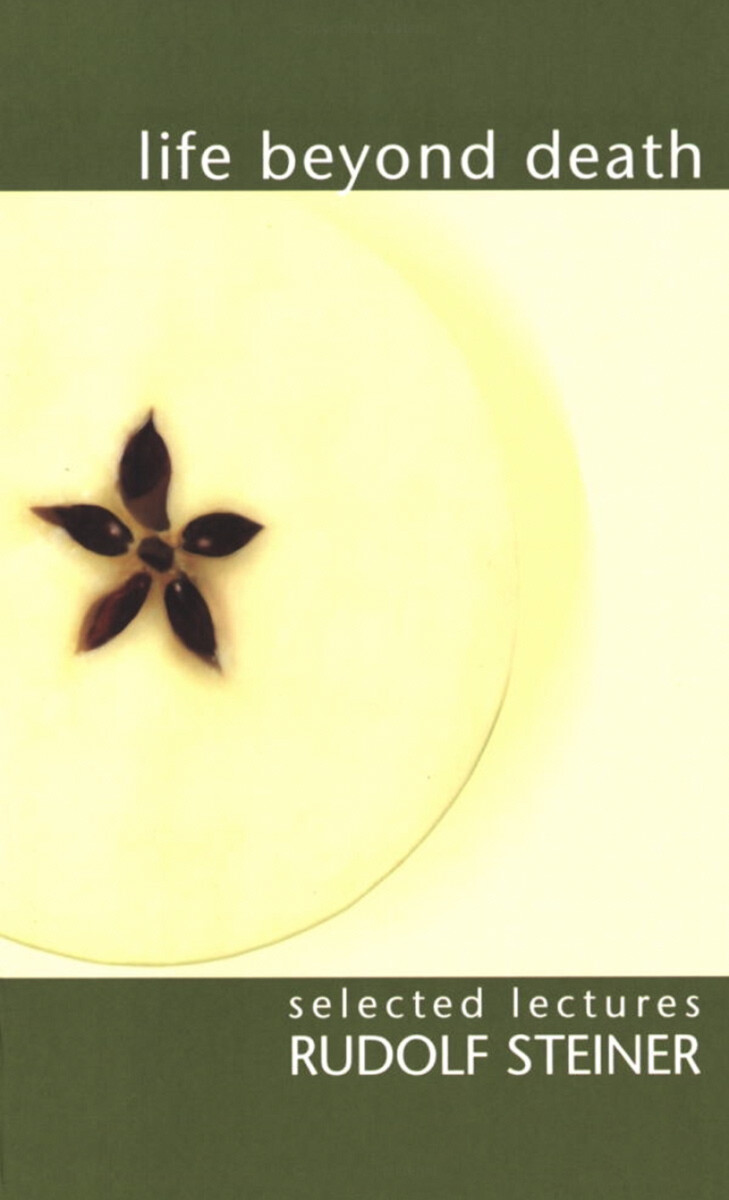Life Beyond Death
Selected Lectures
- Publisher
Rudolf Steiner Press - Published
1st October 1995 - ISBN 9781855840171
- Language English
- Pages 256 pp.
Although Western humanity has conquered the outer world with the aid of technology and science, death remains an unsolved and largely unexplored mystery. Rudolf Steiner, as an exceptional seer, was able to research spiritually the question of what happens to human consciousness after the physical body passes away. In these remarkably matter-of-fact lectures, he affirms that life continues beyond death. Far from being dissipated, the individual's consciousness awakens to a new reality, beginning a great journey to the farthest expanses of the cosmos. One's consciousness embarks on a journey and process of purification and preparation.
Steiner indicates that one of the most important tasks for our present civilization is to reestablish living connections with those who have died. He gives suggestions as to how this can be done safely and describes how the dead can be of help to those on Earth.
Life Beyond Death is an ideal introduction to the spiritual scientific views of our continuing journey.
C O N T E N T S:
Introduction by Frank Teichmann
1. Life between Death and Rebirth
2. Metamorphosis of the Memory in the Life after Death
3. Life between Death and a New Incarnation
4. Our Experiences during the Night and the Life after Death
5. The Working of Karma in Life after Death
6. Inward Experiences after Death
7. The Moment of Death and the Period Thereafter
8. The Lively Interchange between the Living and the Dead
9. The Human Being’s Experiences beyond the Gates of Death
10. From a Memorial Speech
11. On the Connection of the Living and the Dead
12. Concerning the Affinity of the Living and the Dead
13. Death as Transformation
Sources of the Lectures
Notes
Rudolf Steiner
Rudolf Steiner (b. Rudolf Joseph Lorenz Steiner, 1861–1925) was born in the small village of Kraljevec, Austro-Hungarian Empire (now in Croatia), where he grew up. As a young man, he lived in Weimar and Berlin, where he became a well-published scientific, literary, and philosophical scholar, known especially for his work with Goethe’s scientific writings. Steiner termed his spiritual philosophy anthroposophy, meaning “wisdom of the human being.” As an exceptionally developed seer, he based his work on direct knowledge and perception of spiritual dimensions. He initiated a modern, universal “spiritual science” that is accessible to anyone willing to exercise clear and unbiased thinking. From his spiritual investigations, Steiner provided suggestions for the renewal of numerous activities, including education (general and for special needs), agriculture, medicine, economics, architecture, science, philosophy, Christianity, and the arts. There are currently thousands of schools, clinics, farms, and initiatives in other fields that involve practical work based on the principles Steiner developed. His many published works feature his research into the spiritual nature of human beings, the evolution of the world and humanity, and methods for personal development. He wrote some thirty books and delivered more than six thousand lectures throughout much of Europe. In 1924, Steiner founded the General Anthroposophical Society, which today has branches around the world.


